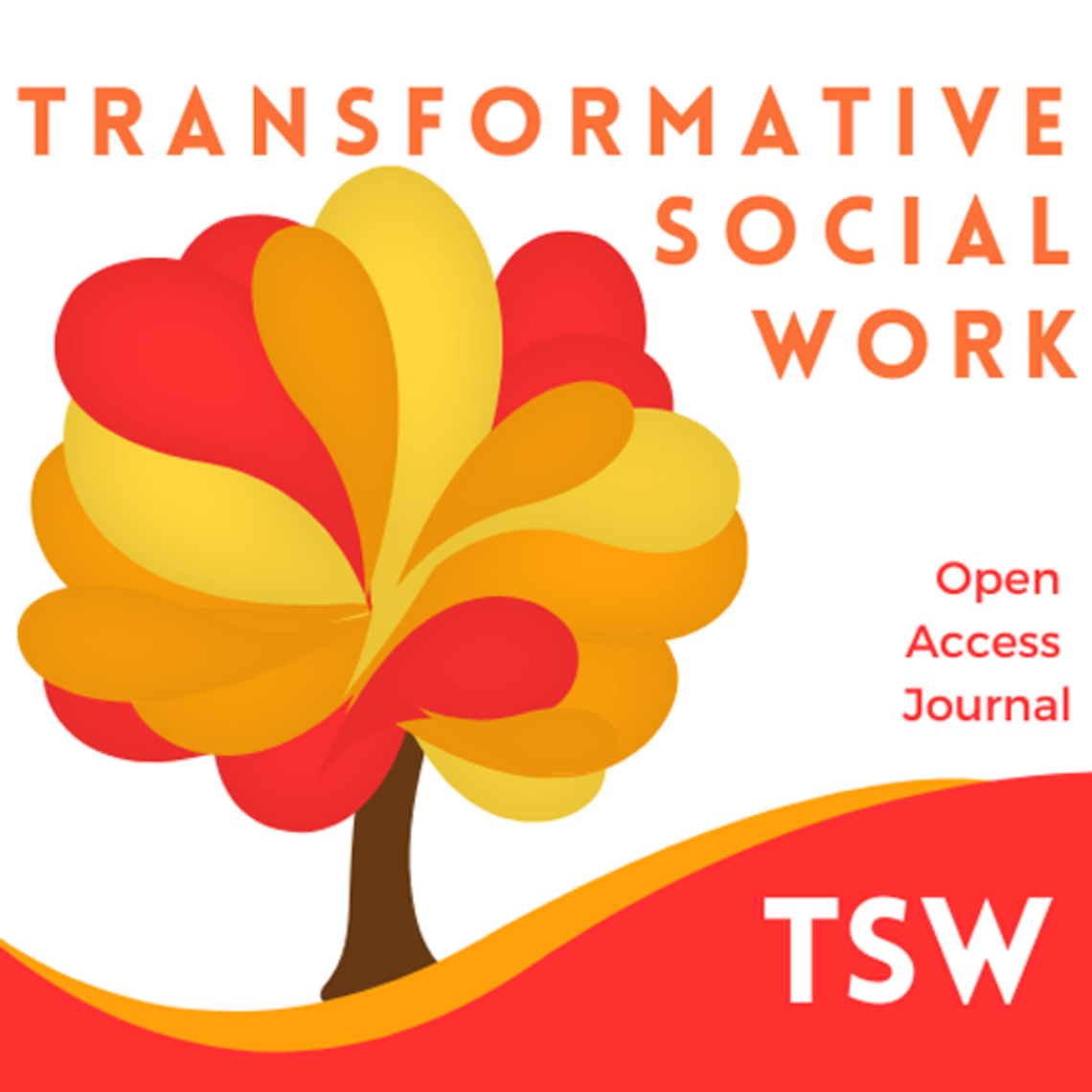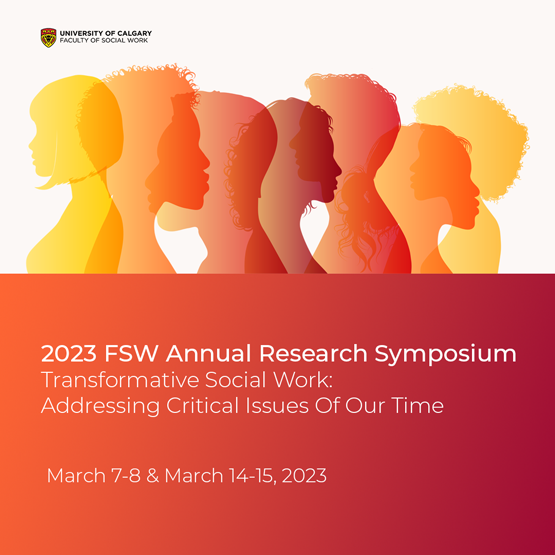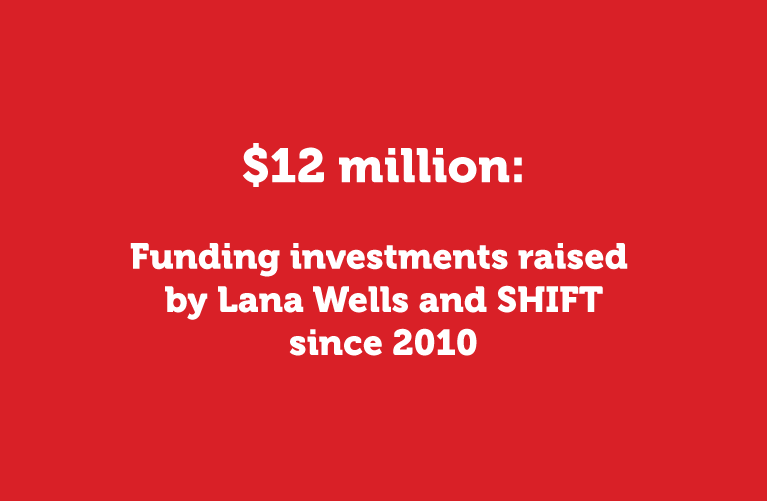2022-23 Milestones: Research
Dr. Régine King and Dr. Gina Dimitropoulos recognized with inaugural UCalgary Research Excellence Chairs
In 2023 the University of Calgary announced new Research Excellence Chairs, created to support top-tier researchers who advance knowledge, address critical societal challenges and enhance the university's research reputation on a global scale. From our faculty, Dr. Régine King and Dr. Gina Dimitropoulos were recipients of the prestigious new chairs, recognizing their exceptional research programs.
The new chairs align with the UCalgary's Ahead of Tomorrow strategic plan in supporting research excellence, nurturing talent and promoting transdisciplinary collaborations that push the boundaries of knowledge.
“The UCalgary Research Excellence Chairs program was created to recognize our exceptional scholars,” says Dr. William Ghali, UCalgary’s vice-president (research). “We’re pleased to appoint our inaugural chairholders, a group of distinguished researchers who play a pivotal role in addressing complex challenges facing society.”

Launch of new interdisciplinary journal, Transformative Social Work
A new interdisciplinary journal from the Faculty of Social Work is hoping to capture change as it’s happening by documenting best practices, promising approaches and innovative research — especially those ideas that happen at the margins and intersections of scholarship and life.
Transformative Social Work has ambitious goals to bring together scholarship, practice and lived experience to create a holistic perspective on the critical issues facing individuals and their communities.
“As the title suggests, the primary goal of the journal is transformative change,” says Dr. David Nicholas, Social Work’s associate dean of research and partnerships. “We see this transformative change happening on a number of levels, from the most pressing issues we’re facing as a society, to transforming practice in social work, allied health fields and human services, to transforming student experience.”
Transformative Social Work is currently open for submissions.

2022-23 Research Symposium
Our faculty held its annual research symposium over four days in March 2023. Organizers Dr. Alyona Belikova and Dr. David Nicholas created an ambitious and very successful online and on-campus program in Calgary and Edmonton that attracted nearly 450 registrants.
The theme of the 14th annual symposium was Transformative Social Work: Addressing Critical Issues of our Time. Sessions were recorded, including in-depth panel discussions on gender-based violence, Indigenous sovereignty in child and family research, jurisdiction, and Canada’s Bill C-92 An Act Respecting First Nations, Inuit and Métis Children, Youth and Families.
Multi-sensory storytelling research studio receives big boost from the Canada Foundation for Innovation
Dr. Kathy Sitter, the Canada Research Chair in Multi- sensory Storytelling in Research and Knowledge
Translation in the Faculty of Social Work, says one in five Canadians over the age of 15 is categorized as disabled. This means they often experience the world in unique ways and face challenges that those without a disability never consider. Finding ways to allow them to share their experience using all the senses is a key focus of Dr. Sitter’s research.
A new multi-sensory research studio designed to support this work is one step closer to reality following a $400,000 grant from Canada Foundation for Innovation’s John R. Evans Leaders Fund. Dr. Sitter’s research studio, designed with input from those with lived-experience, will include a series of sensory suites: a visual suite, a sound suite, a tactile wall, an olfactory suite, a gustatory suite, a 4D theatre, a maker’s workshop and a studio archive. The goal, Dr. Sitter says, is to focus on prioritizing sensory techniques in research and knowledge translation, providing opportunities for disabled people to share embodied experiences in novel ways.
“Disability intersects across all demographics. Historically, disabled people have been excluded from
decision-making that impacts their lives,” says Dr. Sitter. “As most social research [focuses on] speaking and writing methods to understand experiences, this inherently creates participation barriers for many people.”
Dr. Sitter hopes the studio, which is the first of its kind in the world, will change the way research is done while offering a vibrant and accessible training environment for everyone.
Preventing Domestic Violence
UCalgary Social Work has been recognized as an international thought leader in preventing domestic violence for decades. In 2022-23, multiple researchers continued to make a difference with impactful research.
Lana Wells and the Shift Team
The faculty’s innovative work goes back decades, including the groundgbreaking work done by Lana Wells. Wells is a registered social worker, the Brenda Strafford Chair in the Prevention of Domestic Violence and the leader of Shift: The Project to End Domestic Violence. While acknowledging the important work being done by researchers, agencies and groups that support women, men and families currently experiencing violence, Wells has mostly focused on upstream work — trying to prevent domestic violence before it occurs. Wells’ work involves engaging men and boys in preventing domestic violence and, increasingly, focusing on changing the societal conditions and norms that seem to enable violence.
Milestone: "Shift" to systems change work
2022-23 was another amazing year for Wells and her Shift Team. In December, Shift was awarded $1.89 million in funding for two innovative projects. Wells suggests that the PHAC funding reflects the growing interest in Shift’s current work, which is increasingly focused on systems transformation to prevent the conditions that contribute to domestic and sexual violence.
Changing workplace culture with the Calgary Police Service
In 2023, the Public Health Agency of Canada (PHAC) provided $1.1 million to evaluate Wells’ culture-change approach being implemented in collaboration with the Calgary Police Service (CPS). Wells’ team is working with CPS and the Alberta Association of Chiefs of Police to reduce workplace harassment, improve psychological safety and increase a sense of belonging with employees.
Alberta Primary Prevention Policy Framework
Wells and her team helped lead the creation of the Alberta Primary Prevention Framework Collaborative, helping the Government of Alberta and the IMPACT collective (which represents more than 300 anti-violence organizations and systems in Alberta) to identify strategies and actions focused on primary prevention in stopping domestic and sexual violence before it starts.
Helping parents help their teens
The PHAC funding also provided more than $850,000 for the innovative ConnectEd Parents project, an innovative, tech-focused project designed to help parents connect with their adolescent children who might be experiencing or perpetrating dating violence. Previous faculty research found that teens who experience dating violence have a much higher risk of experiencing domestic violence as an adult. The project leverages new approaches like text-based information and looks to reach parents through a variety of avenues.

I’d really like to thank PHAC, because the intervention research we are doing is crucial to stopping violence before it starts by focusing on the root causes of violence. This funding is supporting us to conduct systems change work which can be hard to evaluate.

Lana Wells
Awareness of domestic violence in shared-parenting arrangements
In a recent national research project (2021), Dr. Beth Archer-Kuhn found that 100 per cent of women in her study of shared parenting arrangements had experienced domestic violence — either physical violence or coercive control. Since shared-parenting arrangements are becoming the default situation in Canada, Archer-Kuhn and her shared-parenting research team have been working to inform legal and social-service practitioners and policymakers to better understand the impact of non-physical forms of violence on women and children in their front-line work. In 2022-23, Dr. Archer-Kuhn and the national team built a network to find survivors of violence in shared-parenting arrangements, an often difficult-to-access group.
A community-informed approach to preventing domestic violence in Black Canadian communities
Dr. Patrina Duhaney has extensively researched Black women's experiences of domestic violence in the past, but, with the urging of colleagues, decided to expand her research program to also engage Black men in preventing domestic violence. The study — Fostering Violence Prevention and Well-Being for Black Women, Families and Communities — funded by the PHAC, looks to find “whole community-informed,” concrete solutions to combating domestic violence in Black Canadian communities. The multi-sectoral study will involve Black communities in Calgary and Toronto.

It's crucial that this information comes from Black communities, rather than people outside of these communities imposing their own definitions. There is limited research about Black people's experiences in the health-care system, and specifically related to domestic violence in Black communities.
Dr. Patrina Duhaney
First Nations and Métis Organ Donations and Transplantation Network
In 2023, Dr. Caroline Tait brought the First Nations and Métis Organ Donation and Transplantation Network and the International Indigenous Organ Donation and Transplantation Network (ODT) to UCalgary. Dr. Tait leads this rapidly growing national and international research, policy and knowledge-translation network of Indigenous and non-Indigenous community partners, medical ODT experts, government, and non-government stakeholders.
The Network is looking to improve ODT patient care by building partnerships with First Nations and Métis patients, families, leaders and communities, with a specific focus on northern, remote and rural regions. Given the key role social workers play in supporting Indigenous patients and families during their illness and recovery, the Network is now located within our faculty, providing opportunities for undergraduate and graduate students, postdoctoral fellows and new investigators.In 2023, Dr. Caroline Tait brought the First Nations and Métis Organ Donation and Transplantation Network and the International Indigenous Organ Donation and Transplantation Network (ODT) to UCalgary. Dr. Tait leads this rapidly growing national and international research, policy and knowledge-translation network of Indigenous and non-Indigenous community partners, medical ODT experts, government, and non-government stakeholders.
The Network is looking to improve ODT patient care by building partnerships with First Nations and Métis patients, families, leaders and communities, with a specific focus on northern, remote and rural regions. Given the key role social workers play in supporting Indigenous patients and families during their illness and recovery, the Network is now located within our faculty, providing opportunities for undergraduate and graduate students, postdoctoral fellows and new investigators.
Supporting Inuit women’s health in the Arctic
Last year, Dr. Patricia Johnston helped to lead a unique, collaborative research project in the Arctic designed to support and improve the health of Inuit women. The Iligiingniq: Inuit Perinatal Health and Wellness Project in Arviat, Nunavut, was built with the Aqqiumavvik Wellness Society in response to requests from Arviarmiut women for perinatal resources and support. The collaborative project created a series of pamphlets, videos and other cultural support for women about to give birth. The next step in the community research is to determine if the pamphlets and videos help women in ways that are important to them, as well as creating recommendations to better support Inuit health.
Creating innovative, sustainable, work-integrated experience
Dr. Patricia Samson is addressing the field education crisis by examining the creation of innovative, sustainable, work-integrated learning experiences. In 2022-23, Samson, along with Dr. Amanda O’Rae from the Faculty of Nursing, received an interdisciplinary UCalgary Teaching and Learning Grant. In the current context of diminishing resources, the researchers are keen to explore this work in rural or remote Alberta communities. They aim to collaborate with organizations and individuals across the province, focusing on virtual collaborative practices and flexible supervision models that often involve multiple professionals and faculties. Their goal remains the enhancement of diverse and meaningful learning experiences for students.
A focus on inquiry-based learning
Inquiry-based learning sparks curiosity and fosters deep engagement in a subject. Dr. Beth Archer- Kuhn, with a longstanding research focus on student engagement through pedagogies, including inquiry-based learning, co-authored a book titled "Reigniting Curiosity and Inquiry in Higher Education: A Realist’s Guide to Getting Started with Inquiry-Based Learning" in November 2022. This project was made possible through a SSHRC Connection Grant and a three-year teaching and learning grant from the Taylor Institute, where she held the title of a 3-year Teaching Scholar. Archer-Kuhn is also involved in a national project funded by D2L on Trauma-Informed Pedagogy (TIP), where she's developing a framework for integrating TIP into higher education courses. Her other funded international projects encompass immersive learning, transformational learning, and international social work students.
